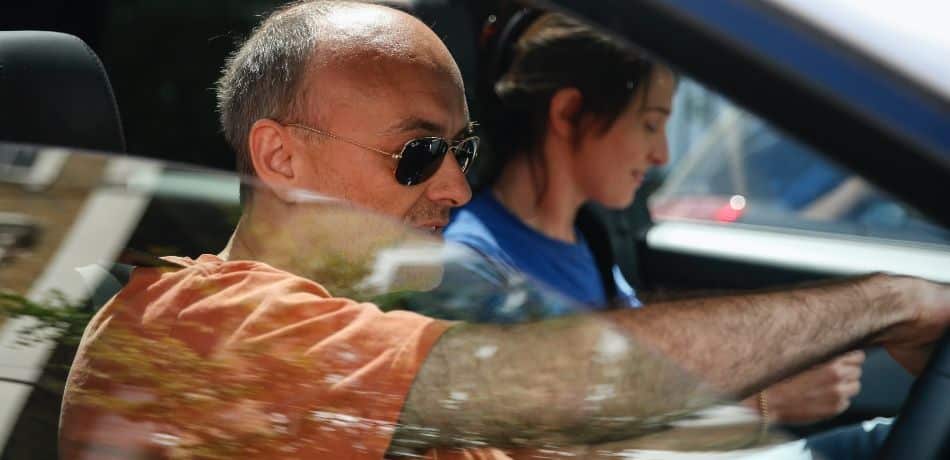For most of Saturday, Downing Street tried to frame events as one individual’s private and difficult decision about what to do with a four-year-old when both parents potentially have coronavirus.
The opposition maintain this is a tale about hypocrisy: a story about one rule for those in the citadel of power and another for the masses.
Framing which is ironic, perhaps, given Dominic Cummings – the senior adviser to Boris Johnson, the man who directed Vote Leave and the person at the centre of this furore – has made a career of chiding the elite about their ignorance of the views of the wider population.
It is no doubt uncomfortable for him to switch sides so abruptly, as demonstrated by a YouGov poll that found 52% saying he should resign as a senior adviser to the PM.
On Saturday night, Number 10 changed tack in the face of reports in the Mirror and Observer of a second trip to Durham during the lockdown.
Having defended Mr Cumming’s reasonableness, now the goal is to denigrate the messenger and all those that carry the claims of rule breaking.
Even though the nation will have heard Transport Secretary Grant Shapps at the press conference confirm that Mr Cummings did indeed travel 260 miles at the height of the lockdown, now Number 10’s line is that Friday night’s reports are in some ways inaccurate.
And Number 10 maintain that fresh allegations about a second visit contain some falsehoods, although they will not stoop to point out what they are.
“We will not waste our time answering a stream of false allegations about Mr Cummings from campaigning newspapers,” Number 10 said in a statement.
Mr Cummings’s aides have judged they do not want to get tangled up in the detail of timelines, eyewitness accounts and an incriminating number plate, and instead are appealing to their natural allies in politics and the wider public to fight for their team.
In doing so, channelling the very essence of the culture wars.
One wonders about the private reflections of some members of the cabinet like Rishi Sunak or Matt Hancock who tweeted in support of Mr Cummings, before the fresh allegations surfaced.
Or Mr Shapps himself, who told the press conference that Mr Cummings was “staying put, in one place, with his family”.
Or about the views of Mr Cummings among those brave cabinet ministers who did not take to Twitter to clear his name: Ben Wallace, the defence secretary, Therese Coffey, the work and pensions secretary, and Simon Hart, the Welsh secretary, to name three conspicuously absent from the loyalty test.
Fewest marks of all go to those cabinet ministers like Priti Patel and Gavin Williamson who chose to retweet the support voiced by others, but not put views in their own words, thereby sitting on the fence ready to come down on either side depending on events.
Or perhaps they are the swing voters in this drama, who could force Mr Johnson to sack Mr Cummings if new facts emerge that make his position less tenable.
At its heart of this story lies the mercurial figure of Mr Cummings, and his mystical power at the apex of Mr Johnson’s powerful government, with its 80-strong mandate and programme for dramatic reform.
Is he unsackable? Does Mr Johnson depend on him too much? Does he wield more power than cabinet ministers? Can the PM cope without him?
And separately, the baffling question alongside that seems to be dogging the coronavirus scandal: why do people who dial into meetings of the elite government scientific advisory group SAGE find it so hard to obey the government’s rules which they help set?












